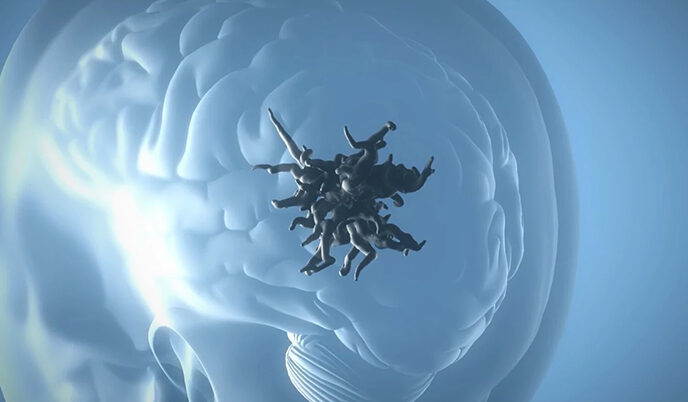
UW clinical trial tests new way to treat glioblastoma
A new clinical trial at UW Health | Carbone Cancer Center uses a personalized medicine method to try to teach the immune system to recognize and destroy glioblastoma tumors.
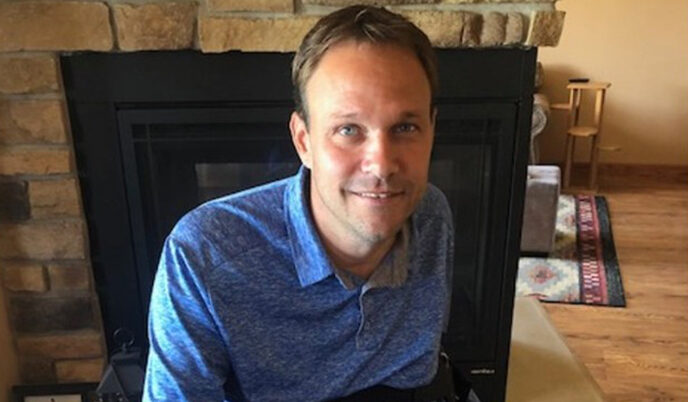
UW researcher’s career inspired by his own spinal cord injury
Dan Hellenbrand grew up on a small farm near Lodi and by his 20s was on the path to his desired career in carpentry. Then, in an instant, that path vanished.
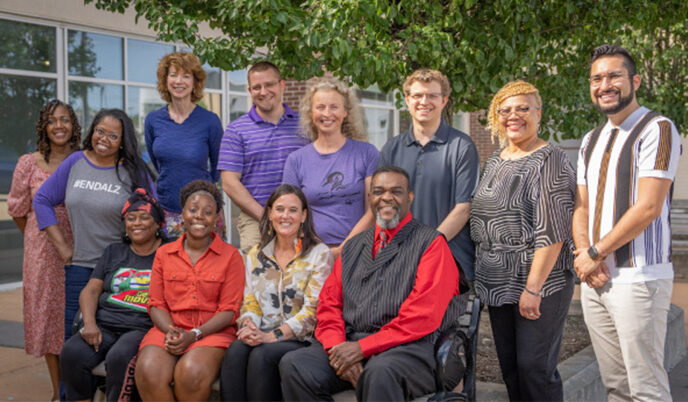
Researchers pursue easier, earlier detection of Alzheimer’s disease in Black adults
A blood biomarker and a method of testing cognitive processes such as memory and thinking could hold promise for identifying middle-aged Black people who are at risk for later developing Alzheimer’s disease, according to a new study from the University of Wisconsin School of Medicine and Public Health.
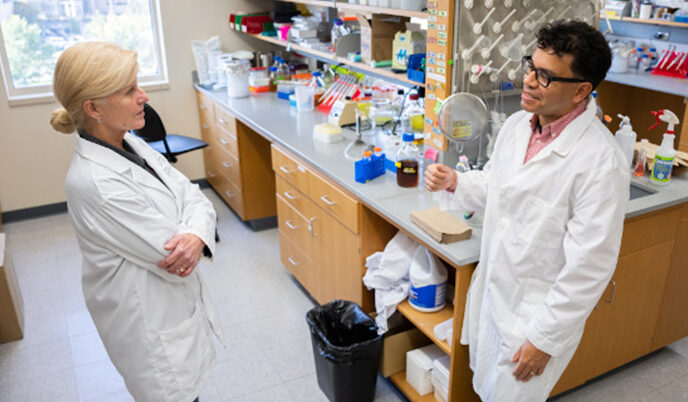
New UW study examines COVID-19 vaccines in people with weakened immune systems
Researchers at the University of Wisconsin School of Medicine and Public Health are exploring the ideal vaccine booster strategy for immunosuppressed patients to protect those at higher risk of severe illness and complications from COVID-19 infection.

UW study links past military service to Alzheimer’s disease
The brains of deceased military veterans had higher levels of two abnormal proteins considered hallmarks of Alzheimer’s disease, suggesting that military veterans face a greater risk for developing Alzheimer’s, according to a new study from the University of Wisconsin School of Medicine and Public Health.
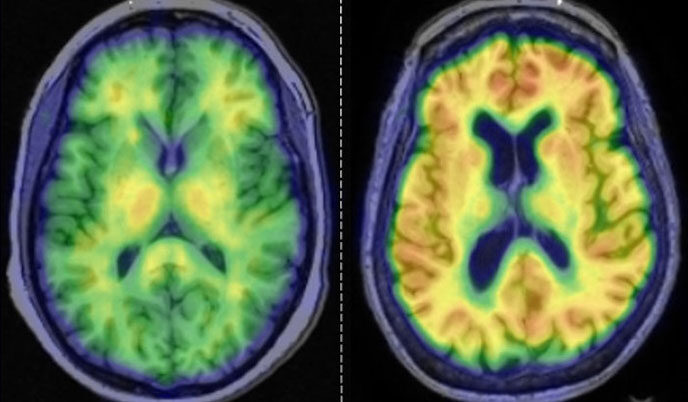
UW study examines potential treatment for Alzheimer’s disease
Researchers at the University of Wisconsin School of Medicine and Public Health are investigating whether the drug leuprolide, which is approved for prostate cancer in men, can be used to treat symptoms of Alzheimer’s disease in women.
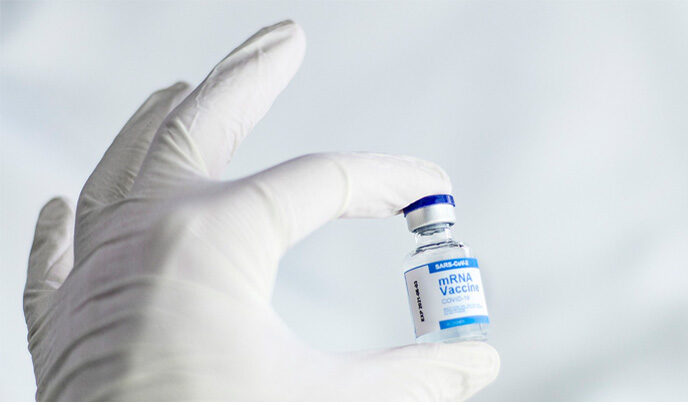
UW study seeks IBD patients to study effectiveness of updated COVID-19 vaccines
Researchers at the University of Wisconsin School of Medicine and Public Health are investigating how well the updated monovalent COVID-19 vaccines work for inflammatory bowel disease patients.
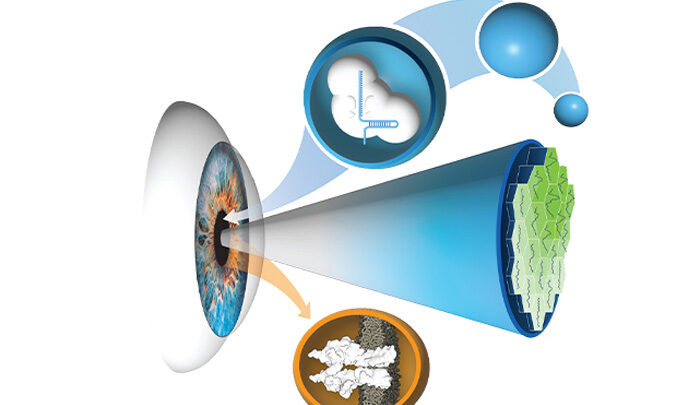
New gene-editing technique holds potential for treating childhood blindness
Using a new experimental technique to fix faulty eye cells, a team led by UW–Madison researchers was able to repair a gene mutation that causes one form of childhood blindness. The scientists showed that their approach worked in lab-grown cells derived from a patient with the currently untreatable inherited disease Leber congenital amaurosis (LCA) and a mouse model that mimics the disease.

Study explores midlife factors associated with blood biomarkers of neurodegeneration and Alzheimer’s disease
Lifestyle and chronic health conditions in middle age, along with a person’s education level, show associations with emerging blood markers of neurodegeneration and Alzheimer’s disease, according to a new study by researchers at the University of Wisconsin School of Medicine and Public Health.
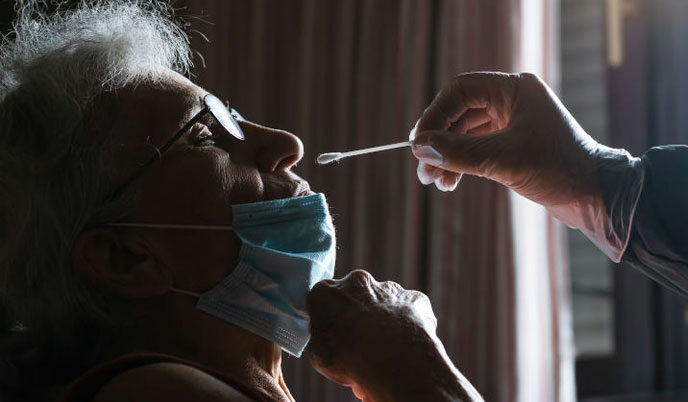
Nursing home residents benefit from rapid flu testing
Rapid on-site testing of nursing home residents for influenza allowed earlier detection of outbreaks, faster treatment with antiviral medication and much lower hospitalization rates, according to a new study from researchers at the University of Wisconsin School of Medicine and Public Health.

Clinical trial for severe dry mouth treatment launching soon at UW
The UW Health | Carbone Cancer Center and UW Program for Advanced Cell Therapy, or PACT, will soon begin a clinical trial using a recently developed cell therapy to treat severe dry mouth, which is a significant symptom of graft-versus-host disease and Sjögren’s disease.
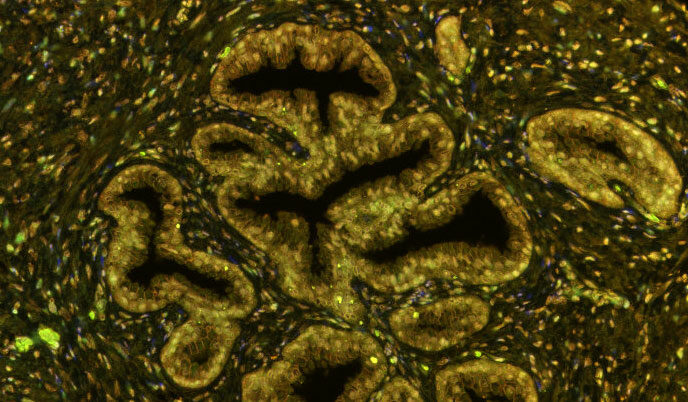
UW Carbone Cancer Center receives SPORE designation, federal grant to support prostate cancer research
University of Wisconsin Carbone Cancer Center will be designated as a Specialized Program of Research Excellence, or SPORE, by the National Cancer Institute (NCI) for research initiatives to advance new prostate cancer treatments.